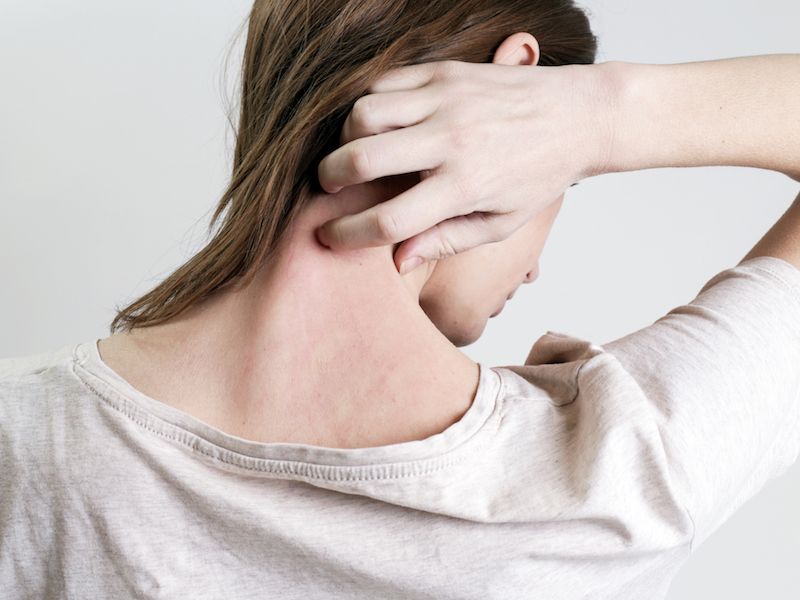
The word psoriasis normally conjures up recollections of people with skin problems like the ones on all those commercials. Psoriasis affects your overall health and not just your skin. Psoriasis is frequently misunderstood and minimized, due to a lack of knowledge of how psoriasis impacts sufferers as well as the serious conditions that can be related to this disorder. Psoriasis causes responses through the whole body although skin plaques are the most recognizable sign: Chronic inflammation that can raise the chance of metabolic conditions and cardiovascular disease.
A new study strengthens the body of research connecting another significant problem to psoriasis: Hearing loss. Published in The Journal of Rheumatology, The connection between hearing impairment, psoriatic arthritis, and mental health were examined in this research. Psoriatic arthritis has an impact on the joints, and is a type of psoriasis, causing discomfort, difficulty moving, and swelling. Affected individuals might also suffer from psoriasis, but with psoriatic arthritis, it’s possible to have irritation without also having the tell-tale plaques.
In the same way as with rheumatoid arthritis (and similar to psoriasis), psoriatic arthritis is an autoimmune disease, the sufferer’s body is basically attacking its own healthy cells. But as opposed to rheumatoid arthritis, you might have psoriatic arthritis on only one knee because it’s asymmetrical, and it doesn’t only impact joints but contributes to painfully swollen fingers and toes while it targets sufferer’s nails and eyes.
Based on the findings of this recent study, hearing may also be impacted by psoriatic arthritis. The study compared the self-reported hearing loss of people who suffer from psoriatic arthritis, people who have psoriasis but not psoriatic arthritis, and a large control group of people who had neither condition. They discovered that the group with psoriatic arthritis was more likely to report hearing impairment, and those reports were supported by audiometric testing. Even when other risk factors are taken into account, psoriatic arthritis sufferers were significantly more prone to have hearing loss than either {psoriasis sufferers or the control group}.
But that’s not to say there’s no connection between psoriasis, psoriatic arthritis and loss of hearing.
A 2015 study found that there is a considerably higher danger, for people who have psoriasis, of getting sudden sensorineural hearing loss, or sudden deafness. With sudden sensorineural hearing loss, people’s ability to hear decreases considerably in three days or less. It has many potential causes, but scientists theorize that individuals with psoriasis are in greater danger because of the type of fast inflammation that happens during a flare-up of psoriasis symptoms. If this takes place in or around the cochlea, it could impede hearing. This kind of hearing loss, in certain situations, can be aided by treatments that relieve psoriasis., but hearing aids are often recommended when other treatments don’t appear to be helping.
If you suffer from psoriatic arthritis or psoriasis, it’s essential to monitor your hearing. Schedule regular hearing exams along with your annual health-care appointments. The inflammation due to these diseases can lead to damage of the inner ear, which can cause psoriasis and loss of balance. psoriatic arthritis and psoriasis are both also linked with depression and anxiety, both of which can be further aggravated by hearing loss. Other health concerns, such as dementia, can be the result if you don’t detect hearing loss sooner than later.
With early treatment, you can stay in front of the symptoms by having your hearing checked periodically and working with your doctor, knowledge is essential. You shouldn’t need to compromise your standard of living for psoriasis or for hearing loss, and having the right team by your side can make a huge difference.
